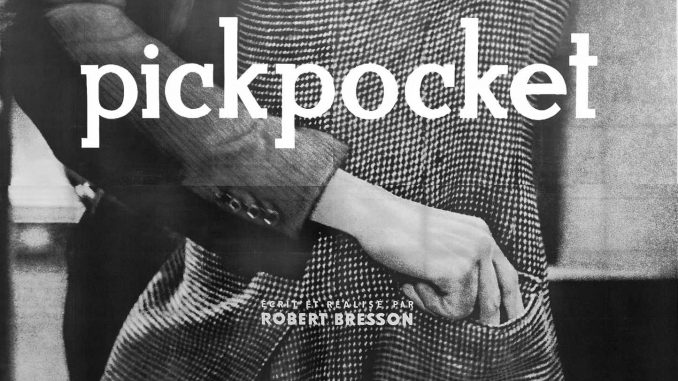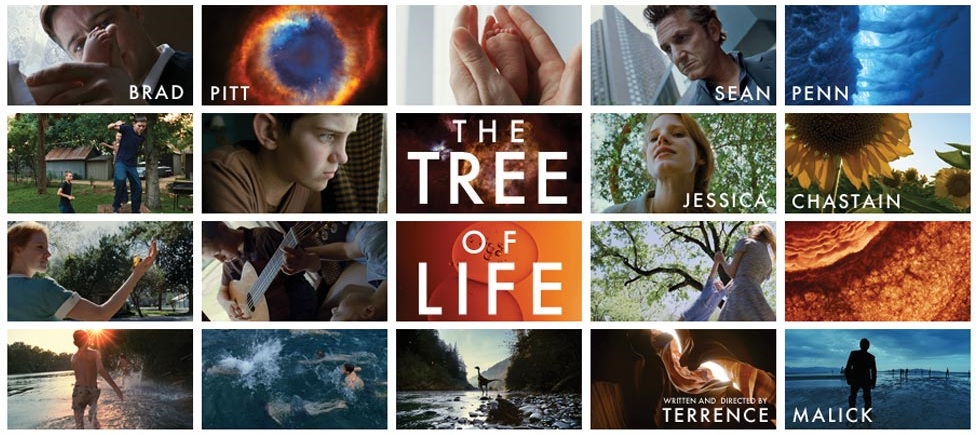Today I got round to Malick's
The Tree of Life (2011)
I must say that I was not expecting CGI dinosaurs lol.
But to be serious, this is a pretty spectacular film. It veers a little on the edge of ridiculousness at some points, but pulls through, resulting in what is a pretty awe-inducing cinematic experience. More than anything it really is a visual experience, it needs to be seen.
There is a 'plot' and elements of a story, ie the story of a the eldest son as he grows from childhood innocence to adult disillusionment. And to some extent this provides the film with it's basic 'backbone', and some sense of direction. But in another sense, this is misleading and it would certainly be wrong to be expect anything remotely like a conventional drama. Rather the story unfolds as a series of vignettes, although in the latter-half it does settle down a bit more. There is little dialogue or explanation, scenes move forward with no sense of how long has passed between them. In fact this feels like a collection of memories. That certainly seems to be what is implied when we see Sean Penn's character. These parts of the film are very much bound up with his own perspective; conceptually this made me think of Tarkovsky's
Mirror. Although there are other perspectives too, that of his mother and father who also provide their own voice-overs. But this story is placed with a much broader context, as broad it can get actually. Namely the entirety of the cosmos, creation and the development of life on earth. Thus Sean Penn's characters sense of existential despair, melancholy and nostalgia is simply one aspect of a much larger story. Prompted by the Job quotation at the beginning (and the sermon delivered in the film), it seems to ask "how can God allow humans to suffer?". No answer is given by Malick, but we are prompted to reflect on the mysteries of existence and the grandeur of creation.
In this respect the film is pretty close to something like
Koyaanisqatsi or
Baraka and visually I would say it's just as good as those. But the two are intertwined; the particular becomes subsumed by the infinite, but the film deals more with this
particular - the innocence of the boys childhood, the love of a mother, an overbearing father (who nevertheless loves his son)...and later, the perspective of a man trapped in an office reflecting on his life. Even in the flashback (?) scenes we get a sense of the fathers passion for art (Brahms!), his frustrations at life, and his love for his sons despite being hard on them. All of this is treated the same along with the breathtaking shots of the universe, of nature and of the birth of life itself. Their lives, their sorrows, joys and so on gets absorbed within this immense scale, but not lost within it. It is a very theologically minded film, but deals with such an immense scale (including evolution) that it's certainly not straightforwardly Christian. But nevertheless, all things point to the fact that God is an important feature...I will probably have to think about this more, and do a bit of reading to see what others think. Next up I think I'll watch
Knight of Cups.






